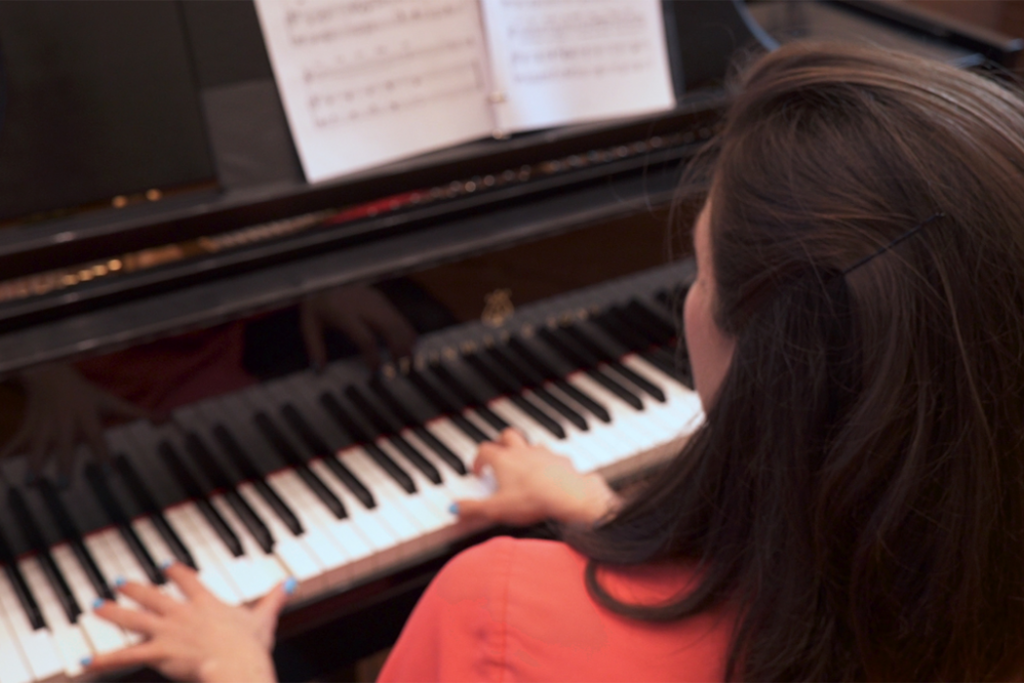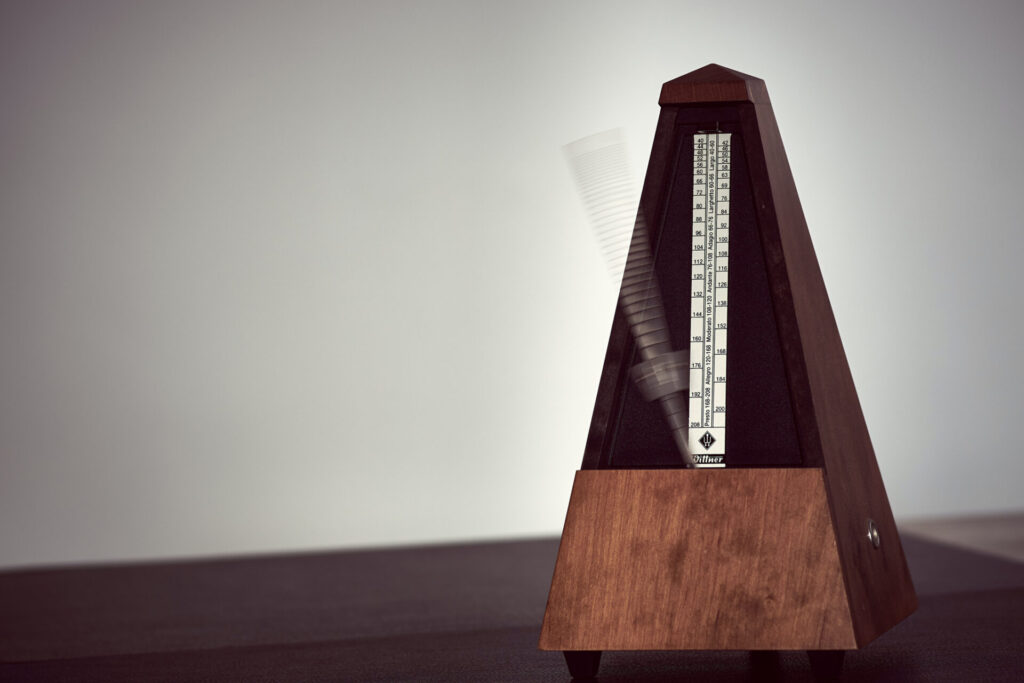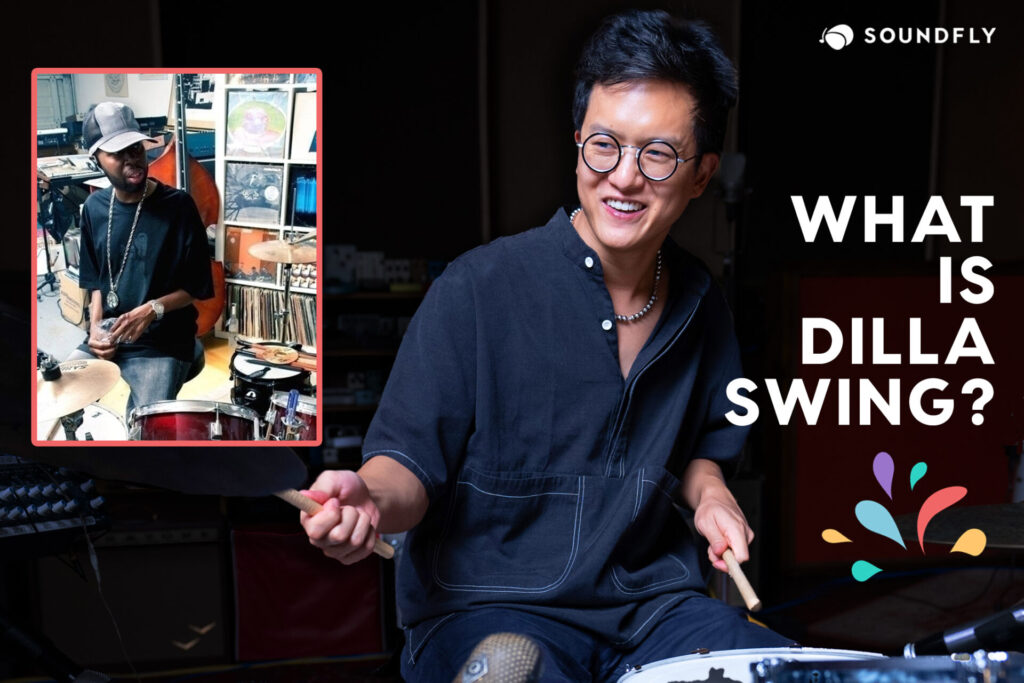+ Welcome to Soundfly! We help curious musicians meet their goals with creative online courses. Whatever you want to learn, whenever you need to learn it. Subscribe now to start learning on the ’Fly.
You’ve done it. You’ve crafted a song from start to finish. Perhaps a couple songs. You’ve poured your heart and soul into your music and spent hours writing and rewriting. You’ve taken songwriting workshops and courses and paid careful attention the whole time. Maybe you’ve even gathered up some professional feedback and applied it to your new tunes.
You’ve written your songs, and now you’re ready to share them from the stage. A few Google searches and phone calls later, you’ve secured yourself a slot in next week’s open mic or songwriters’ night at your local coffee shop. Taking your songs from the comfort and security of your living room out into the world is a big step in the career of any songwriter. You should be proud of yourself not only for having new material under your belt, but also for being courageous enough to take a step into the world of performance.
Whether this is your first time on stage since the third grade Fall Harvest Showcase, your first solo performance ever, or even if you’ve been doing it for a while but see some room for improvement, we’ve got your back with a few tips on how to make the most of your upcoming show.
Before the show, make a small emergency kit to bring with you.
One of the most fun things about playing live is that anything can happen. It can also be one of the most frustrating things. I’ve had batteries die on me mid-set, gotten a runny, sniffly nose, gone horribly out of tune, you name it. Guitar strings pop and cables go haywire, it’s just a fact of life.
Before the show, gather up a small emergency gig bag with some of the items you could use on the fly, should you have a technical difficulty: an extra set of strings and cables, string winder, tuner, capo, backup 9V battery (or whatever your gear requires), a couple extra pics, and anything else you feel you might need.
It’s also nice to keep small items of comfort on you, too, like tea or a snack or a good luck charm. I personally don’t go anywhere without chapstick and a bottle of water!
+ Read more on Flypaper: Prep your gig bag smarter with “The Art of Being an Organized Guitarist”
Got pre-show jitters? Let me tell you a story that may help.

I used to get paralyzing anxiety before going on stage. A racing heart, cold sweat, loss of sensation in my hands and arms. It’s amazing I never actually passed out. I was so worried I would mess up in some way. That was my biggest fear, that I would stumble on the words or my voice would crack. And then what? The audience would laugh at me. Or worse, they would sit there in uncomfortable silence until the whole humiliating performance was over, when they would give me obligatory applause out of politeness and pity.
I confided my fears in a friend who was a seasoned songwriter and performer. He told me something I’ll never forget:
He said that, contrary to every performer’s typical suspicion, the audience isn’t waiting for you to mess up. They’re actually rooting you on.
It makes so much sense. Think about yourself when you go see a show. You’re not sitting there in your seat, watching intently, waiting for that singer to miss a note or that dancer to miss a step. And the moment they do, you don’t jump straight up shouting “Aha! I saw that!” so you can feel like you beat them at some kind of game.
No, of course not. You watch the show. You pay diligent attention and get caught up in the performance. And if someone misses a beat, they pick back up again and continue on, and you soon forget it even happened at all. Your audience isn’t waiting for you to fail, the audience is on your side. It’s a lot easier to perform to a room who is excited to see you succeed!
If you do mess up, just keep going!
Mistakes happen, we all make them. Even performers at the height of their careers make mistakes live on stage in front of thousands of people, sometimes even live on TV! Nobody is perfect, and we’re all allotted a number of rough performances in our lives. Should you fumble a chord or mix up some words, don’t fret. Just keep on rolling. If you do have to stop and regain your composure, that’s ok, too. Don’t beat yourself up over it. Take a second to remember your place, or simply pick back up at the next verse you do remember.
Your audience is on your side, rooting you on. A mistake won’t break you, you can do this!
Practice, practice, practice, then practice again.
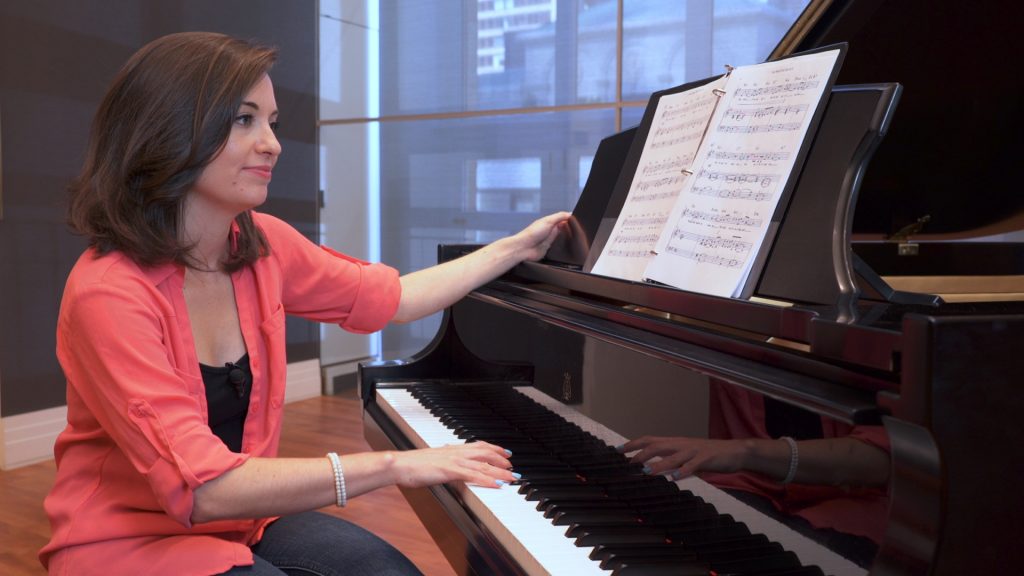
It can’t be said enough — practice makes perfect. The old adage is just as true today as it’s ever been. Nothing will prepare you better for any situation than practicing for it in advance. Go through your songs until you know them without looking at the lyrics and without stopping to find your place again. And when you think you’ve gotten them down, practice them some more.
How many hours or days you need to feel truly comfortable is up to you. Just make sure you don’t get too complacent — know your goals, focus, push yourself, and ask for feedback. Even when you can play through your set beginning to end without mistakes, keep up that momentum and continue to run through your songs every day leading up to your show.
Prepare some stage banter for between songs.
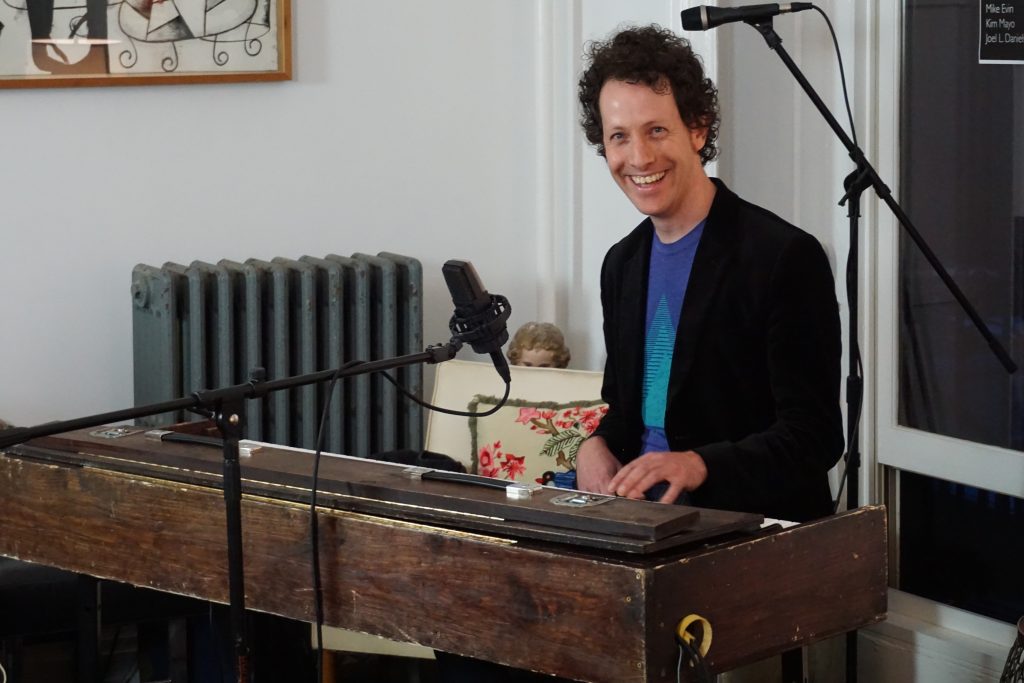
Depending on the format of the night, you will most likely have a chance to say a few things from the stage. You don’t have to write out a script and memorize it backwards and forwards (unless you really want to), but being prepared with a little something to say in advance will help you rock a natural sounding stage conversation with your audience.
- Will you be introducing yourself? Think about what you want the room to know — what kind of music you make, where you’re from. Keep it short and sweet.
- Thank the audience in advance for listening. Introduce the name of your song and roll right into it.
- Between songs you can talk about what inspired the tune, what the writing process was like, or perhaps something funny that happened to you on the way to the show. Just remember to keep your banter to a reasonable length.
Most open mic nights run pretty quickly, so you don’t want to launch into a long story between songs. You could be running your set long, meaning you would be taking up the time of the person who plays after you, or risking the whole night running long. And as a new performer, the last thing you want to do is burn bridges at venues.
+ Read more on Flypaper: “On Bob Dylan’s Nobel Prize Drama, and Other Brilliant Songwriting Poets”
Play away!
You’re here because you’re brave and you have something to say. So pick up your guitar or scoot in your bench, close your eyes, and sing and play with all your heart! Don’t hold yourself back in your performances. This is your moment to share what you’ve worked so hard on. At the end of your set, be gracious and thank your audience. Enjoy every second of it.
Then come back next week and do it all over again!
Want to get all of Soundfly’s premium online courses for a low monthly cost?
Subscribe to get unlimited access to all of our course content, an invitation to join our members-only Slack community forum, exclusive perks from partner brands, and massive discounts on personalized mentor sessions for guided learning. Learn what you want, whenever you want, with total freedom.
